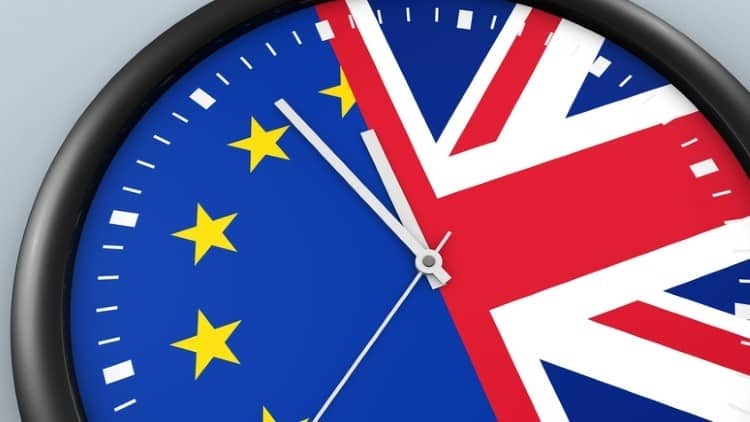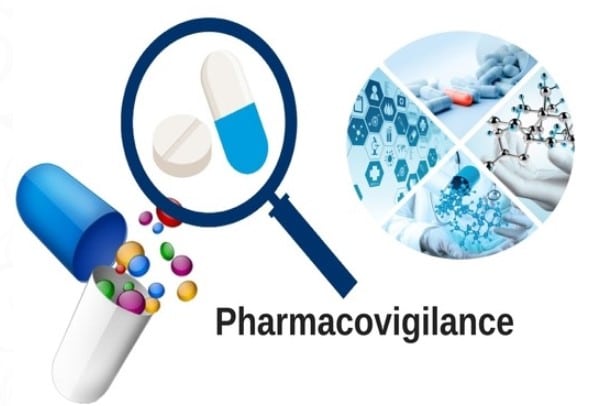BREXIT – MHRA post-transition period information
The UK has left the EU and the transition period after Brexit comes to an end this year.
The MHRA have issued new guidance for industry and organisations effective from 01st January 2021. From this date the MHRA will be the UK’s standalone medicines and medical devices regulator.
Areas covered in the new guidance include:
Clinical Trials
From 1 January 2021, for registering clinical trials, existing and established international registers will still be used, such as ISRCTN registry (UK), or ClinicalTrials.gov (USA), to ensure the public is aware of your trial. For trials involving both UK and EU sites a record in the EU Clinical Trials Register will exist (other than adult Phase 1 studies). In the UK, any favourable opinion given by a research ethics committee is subject to the condition that the clinical trial is registered on a publicly accessible database. The time frame for publishing the summary of results is within 6 months of the end of trial for paediatric clinical trials or within one year of the end of trial for non-paediatric clinical trials. You do not need to submit this clinical trial summary report to the MHRA as well; however, you must send a short confirmatory email to CT.Submission@mhra.gov.uk once the result-related information has been uploaded to the public register and provide a link.
Pharmacovigilance
Guidance on qualified person responsible for pharmacovigilance (QPPV) including pharmacovigilance system master files (PSMF) from 1 January 2021
From 1 January 2021, the following legal obligations will apply to holders of UK marketing authorisations (MA). These include those that cover the whole of the UK, or are specific to Northern Ireland or to Great Britain (England, Wales and Scotland):
- To operate a pharmacovigilance system for UK authorised products.
- To have an appropriately qualified person responsible for pharmacovigilance (QPPV) that resides and operates in the EU or the UK and is responsible for the establishment and maintenance of the pharmacovigilance system for UK authorised products.
- To maintain and make available upon request a pharmacovigilance system master file (PSMF) that describes the pharmacovigilance system for UK authorised products. The PSMF must be accessible electronically or physically from the UK at the same site at which reports of suspected adverse reaction may be accessed.
Statutory guidance concerning the QPPV for UK authorised products is described in the Good Pharmacovigilance Practices (GVP) Module I. This guidance will be supplemented by the ‘Exceptions and modifications to the EU guidance on good pharmacovigilance practices that apply to UK marketing authorisation holders’, which will be published in due course.
Updated guidance on pharmacovigilance procedures
Detailed guidance on pharmacovigilance procedures from 1 January 2021 is published on the MHRA website: https://www.gov.uk/government/publications/guidance-on-pharmacovigilance-procedures-in-the-event-from-1-january-2021/updated-guidance-on-pharmacovigilance-procedures
Marketing Authorisations
New guidelines have been outlined for Marketing Authorisations, to include Conditional MAs, registering new packaging information, guidance on the handling of applications for Centrally Authorised Products (CAPs), Article 29 applications, converting parallel distribution notices to UK parallel import licences, handling of ASMFs and CoS from January 2021, reference medicinal products, converting CAPs to UK MAs, guidance on licencing biosimilars, bioequivalence/therapeutic equivalence studies and renewing marketing authorisations.
New Submission Registrations
For planned applications for submission to the UK (for example, a Marketing Authorisation for the UK market), you will need to submit the information through the MHRA national portals.
All current Eudravigilance Gateway users who wish to gain access to the new MHRA Gateway will need to first gain access to MHRA Submissions. The steps for gaining MHRA Gateway access are contained within MHRA Submissions. MHRA Submissions will not be used to send or receive ICSRs.
A useful webinar on how to gain access to MHRA submissions portal is available on the MHRA website at the following link https://www.gov.uk/government/publications/webinars-preparing-to-make-submissions-to-the-mhra-from-1-january-2021
Within the recent MHRA guidelines, the following areas are also covered:
- Devices
- Importing and Exporting
- IT Systems
- Paediatrics
IN DEPTH DETAILS ON THE NEW MHRA GUIDANCE CAN BE FOUND ON THE LINK BELOW:-
https://www.gov.uk/government/collections/mhra-post-transition-period-information
If you need any clarification or support to help you to navigate the end of transition period please contact us and Ivowen will gladly assist you in a timely manner.
Written by Mary Canning







